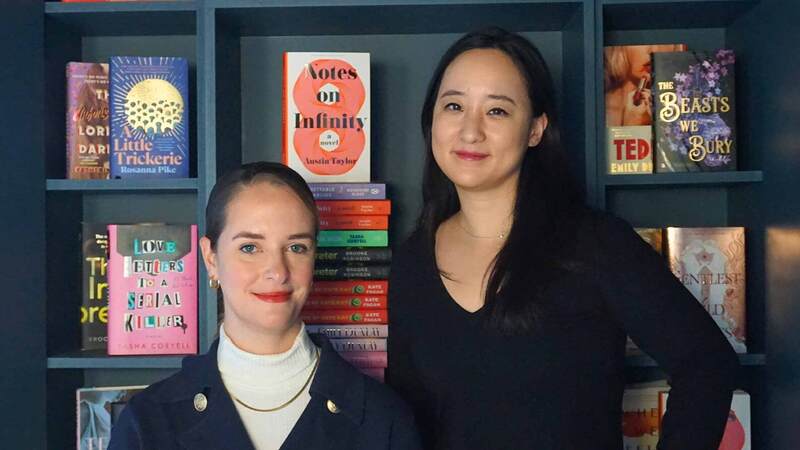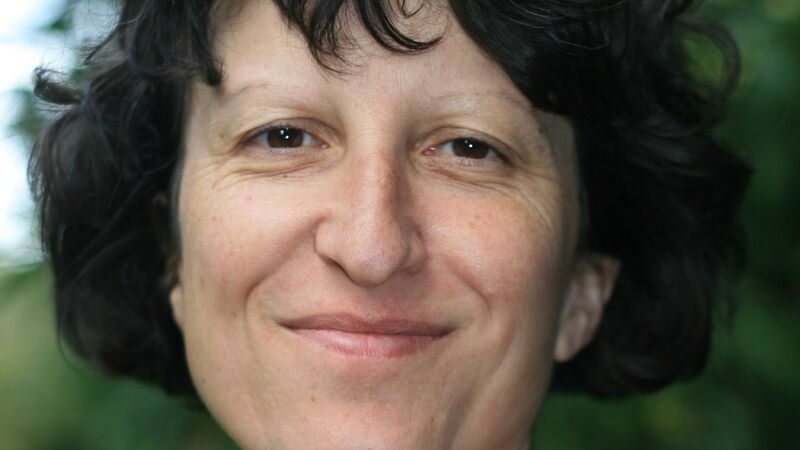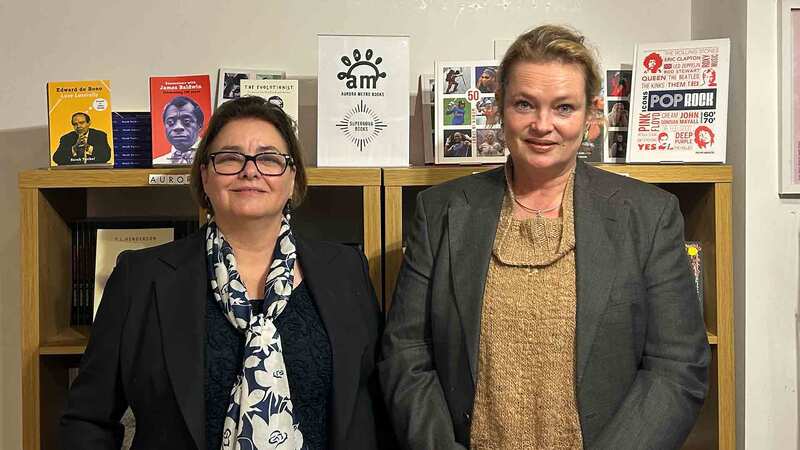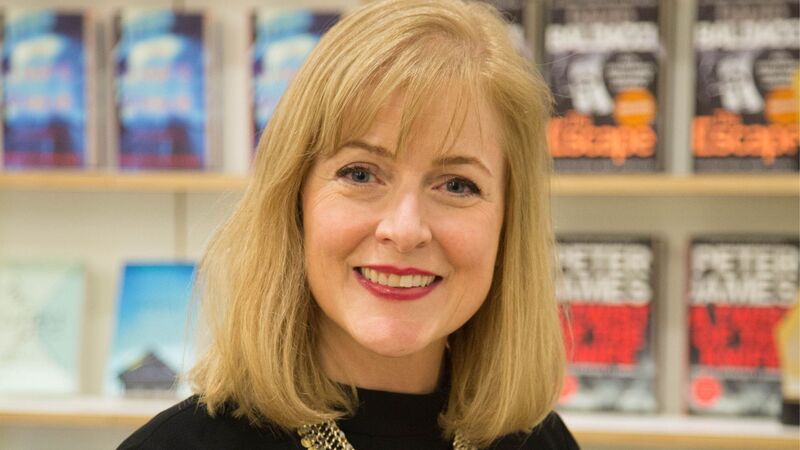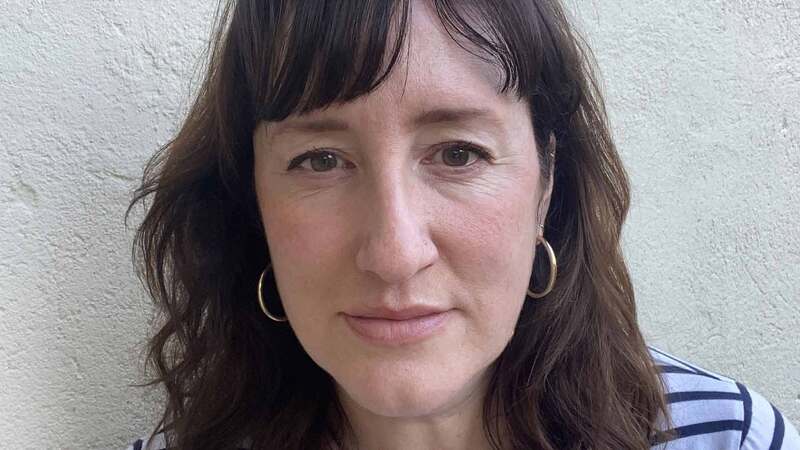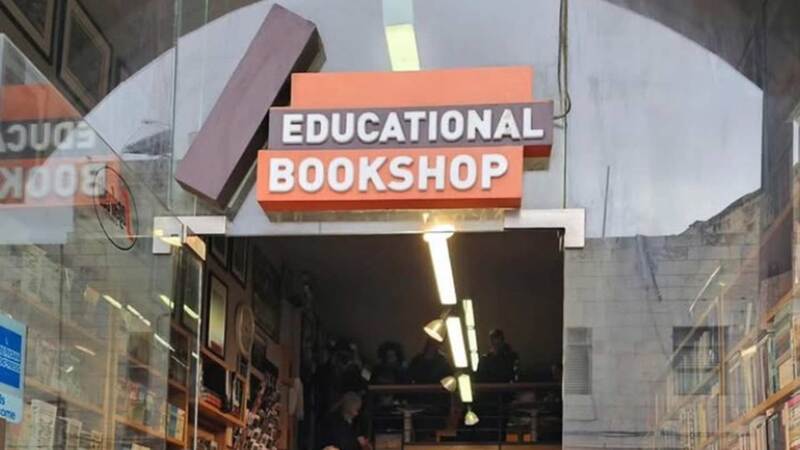You are viewing your 1 free article this month. Login to read more articles.
Zebralution earns its stripes as audio grows through lockdowns
German audio platform Zebralution is enjoying a purple patch after listener numbers rose among locked-down readers, and is looking to further ally itself to the indie sector.
It’s difficult to say, [but] it’s been a really good time for us,” admits Kurt Thielen, c.e.o. of German digital audio distribution company Zebralution, as he reflects on the past year and a half.
Thielen, who was formerly the c.e.o. of Rough Trade Distribution Germany, co-founded Zebralution with entrepreneur, lawyer and music journalist Sascha Lazimbat in 2004. The first digital distributor for independent music labels in Europe, Zebralution added audiobooks to the mix in 2010 in a three-way venture with German indie publisher Lübbe Audio and streaming service Napster.
Thielen explains: “It was us getting together and saying, ‘Why don’t we see what happens if we put a number of audiobooks on Napster?’ It was such a success that we all agreed we wanted to do more and we spread it to other platforms. I think it was our willingness to experiment, combined with Lübbe’s adventurous, entrepreneurial mind and Napster being really interested in the format, that brought us on the road at the time. And now it’s a really big chunk of our business.”
As well as music and audiobooks, Zebralution distributes and markets podcasts and Thielen reports that since the pandemic hit, “in all three fields, people are inclined to listen more than ever”. Though there was a “very little dip right at the beginning of the lockdown” when people were still adjusting to a new way of life, thereafter business “started going through the roof”. As a result, the company expanded both in terms of turnover and the number of staff it employs, as well as taking on more space in its office building. Thielen believes that this growth will only continue. He says: “A lot of people discovered spoken word during the pandemic, that goes for podcasts and for audiobooks. And I think people have discovered that it can be a real pleasure—it can make your life better, it’s not only something for commuting.” He mentions a popular podcast in Germany, launched last year by virologist Christian Drosten, about the coronavirus, that “really did wonders for the podcast format” there, adding: “The connection between podcasts and audiobooks is so strong that audiobook is benefiting from it too. And I really think that people are just starting with discovering these formats.”
Space to grow
Over the pandemic, Thielen feels the “biggest winner” in terms of audio content was kids and Young Adult content, as “parents had to look for a way to keep their kids happy and busy”. He adds: “It’s been quite amazing. And I know from speaking to publishers, especially in the UK, that this was never an easy part of the [audio] market.” He also notes a “real uptake in romance”, commenting: “I think in tough times, people need a little escape.”
On the difference between the audiobook market in the UK and his homeland, Thielen says: “German publishers are more open to trying more models than a lot of UK publishers. But other than that, I think maybe the Germans adopt audiobooks a little bit more in their day-to-day life.” He notes that behaviours around audio consumption are changing, though. “When the Audio Publishers Association [APA] is giving out the numbers, it seems in the US that it’s not a pure commuting thing anymore. People do it while ironing or washing the dishes, and more and more people just focus on listening. I think they’re trying to make their life more relaxed by listening to a voice they like.”
Though it has deals in place with a few UK publishers, including Canongate and Head of Zeus, Zebralution is still “making inroads” into the UK market. According to Thielen, the independent publishing sector is “very important” to Zebralution. He explains: “Especially in the UK, the independents are definitely our biggest allies in this. For them, it’s getting more and more difficult to get exposure on platforms like Audible because Audible is obviously producing a lot of content itself, and it’s working closely with the big publishers. And from Audible’s point of view that’s very understandable, but it does make life harder for independent audiobook publishers. I think we are the natural alternative to that. We can give [indies] exposure in our app and in playlists, we can give them visibility.”
He adds that the business model is “really good” for independent publishers. “They keep the majority of the income, we only take a distribution fee. It’s generally a much higher share of income than you would find in other business models.”
A broad church
Thielen is keen to stress that while Zebralution specialises in streaming, it “totally supports all business models” and has marketing tools in place to do so. It also has an app called lismio, which “has 600,000 downloads worldwide” according to Thielen, and a YouTube landing page where it monetises samples of audiobooks. Significantly, it provides audiobook analytics “where people can see who their audience is and how they are interacting with their audiobooks”.
Thielen expands: “I think this is important to a lot of publishers. They don’t know a lot about their target group because up until now, they haven’t been given as much information as we are supplying. We try to be as transparent as possible… you can see every single stream of every single chapter. Through our analytics tool, we supply information about the gender, age, postal code [and more] of the people who have listened.”
Looking to the future of audio content, Thielen thinks that “in a couple of years’ time, maybe earlier, people will think about the stuff they want to produce in audio in different ways”. He expands: “[Content] can be audiobook or it can be podcast, depending on what it is. I think independents in particular must look more at podcasts and ways of monetising podcasts.” He also predicts that “the possibilities will grow for producing audio”. In several countries, Thielen has seen that “studio time is getting scarce because a lot of people are producing”. The company is working with established publishers who have started producing audio content in-house for the first time this year, many of whom want to make their backlist available in audio, a move that Thielen feels more publishers will follow over the next few years.
He is “very optimistic for the future of audiobooks and for spoken word in general”. He says: “The pandemic has greatly helped in that because a lot of people have discovered it now. I think it will be a very good time for audio in general the next few years, and I think we contribute to that with our business model. I don’t have anything against Audible—it really has established audiobooks in digital form and there’s nothing bad to say about it—but in every market, it’s good to have more than one model.”
On the horizon
Coming up, Zebralution plans to launch a new platform by the middle of 2022 and also wants to expand into more territories, with Thielen set to attend the Guadalajara International Book Fair at the end of November for the first time. He says: “I’m very excited about that and I think there is a lot to do for us still in the more mature markets like the US and the UK, but we also want to develop into France and Spanish-language markets. Latin America is the fastest-growing streaming region in the world. There’s a lot for us to do, and we will very happily do that.”
He recalls Tom Webster from Forrester Research speaking at the APA Annual Conference in 2019. According to Thielen, when asked what his main takeaway from audiobook listener numbers was, Forrester answered: “Go with your audiobooks wherever you can reach people”. Thielen says: “That’s exactly what we’ve been doing since 2010, and I feel very encouraged by that. The numbers show that we’re going the right way.”







